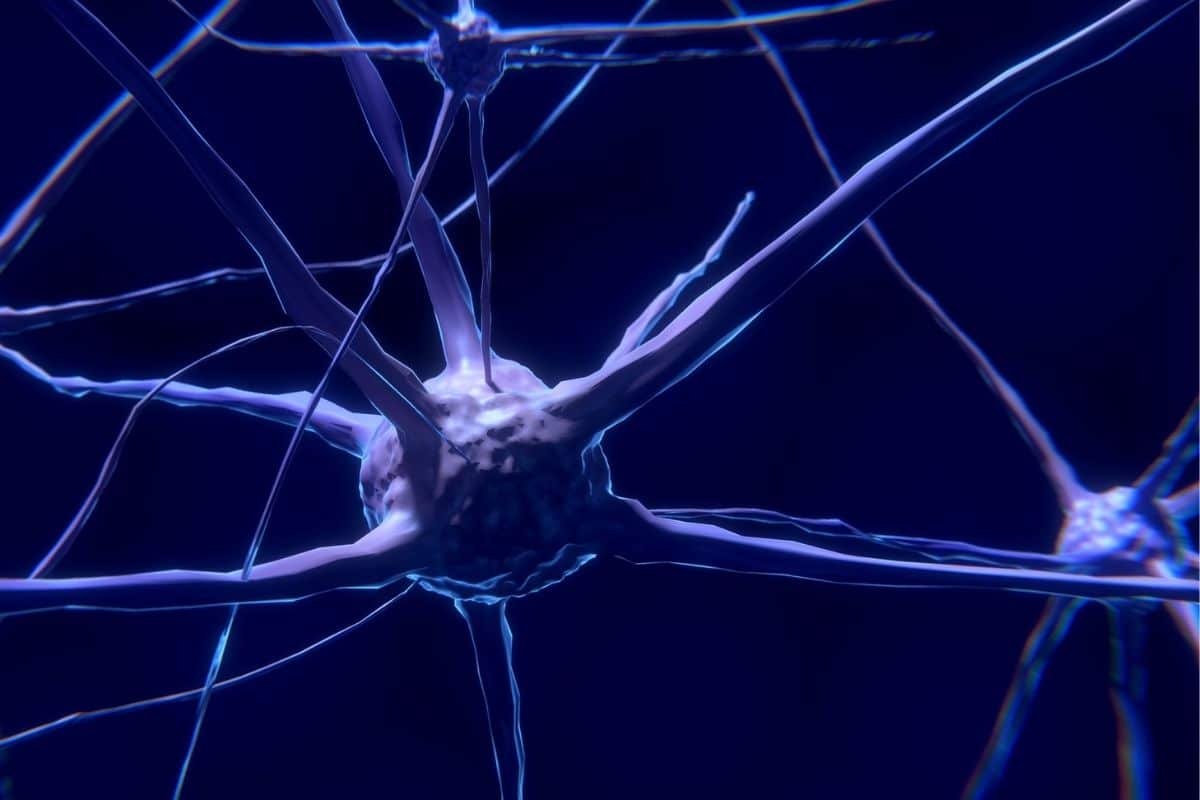

There appears to be a causal relationship between the Epstein-Barr virus and MS. And that could potentially mark a turning point in the fight against the debilitating disease.
Multiple sclerosis (MS) is a chronic inflammatory disease of the central nervous system. The cause of MS is still unclear, although the Epstein-Barr virus (EBV for short, a herpes virus) is considered the main suspect. Researchers therefore decided to take a closer look at the virus. Indeed, there appears to be a causal link between the Epstein-Barr virus and the debilitating disease. A breakthrough.
MS is a disease of the brain and spinal cord, in which inflammation occurs in various places. These inflammations prevent the brain from performing some functions properly. As a result, you can get all kinds of complaints, for example when seeing, moving or talking. MS is a progressive disease that affects 2.8 million people worldwide.
Establishing a causal link between the virus and MS has been difficult, as the Epstein-Barr virus infects about 95 percent of adults. MS, on the other hand, is a fairly rare disease. In addition, the first symptoms often do not appear until ten years after infection.
Study
To study whether there is indeed a link between the Epstein-Barr virus and MS, scientists surveyed more than 10 million adults enlisted in the U.S. military. The team analyzed blood samples taken every two years by the military. 955 military personnel received MS during their period of service.
32-fold increase
The blood samples collected allowed the researchers to see the differences between those infected by the Epstein-Barr virus and the soldiers who were not. And the results show that the risk of MS after infection with the virus is as much as 32 times greater.
Cause
According to the researchers, the findings indicate that the Epstein-Barr virus is the leading cause of MS. “The hypothesis that this virus causes MS has been under investigation for several years,” said researcher Alberto Ascherio. “But this is the first study to provide convincing evidence of a causal relationship between the virus infection and MS.”
Time
An important question is why there is so much time between infection and the first symptoms of MS. According to Ascherio, this may be partly due to the fact that the symptoms of the disease still go undetected in the earliest stages. “In addition, it may have to do with the evolving relationship between the Epstein-Barr virus and the human immune system,” the researcher said.
Turning point
Knowing better what causes MS is a big step forward. It could even be a turning point in the fight against the debilitating disease. “Most MS cases can be prevented by preventing people from becoming infected with the Epstein-Barr virus,” Ascherio concludes. “In addition, we can now target this virus to find a cure for MS.”
There is currently no cure for MS. There is also no way to prevent or treat an infection with the Epstein-Barr virus. “But an EBV vaccine or fighting the virus with EBV-specific antiviral drugs could ultimately prevent or cure MS,” Ascherio concludes.
Source material:
“Epstein-Barr virus may be leading cause of multiple sclerosis– Harvard T.H. Chan School of Public Health
Image at the top of this article: Colin Behrens via Pixabay